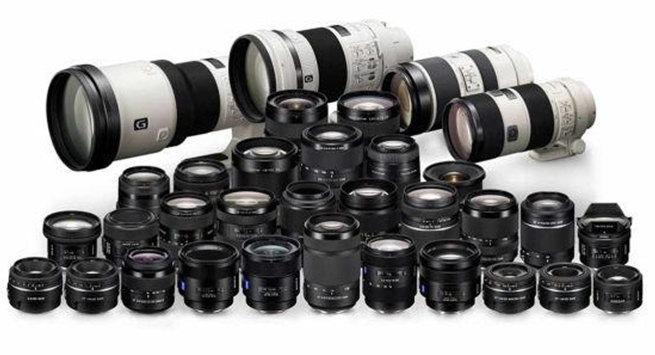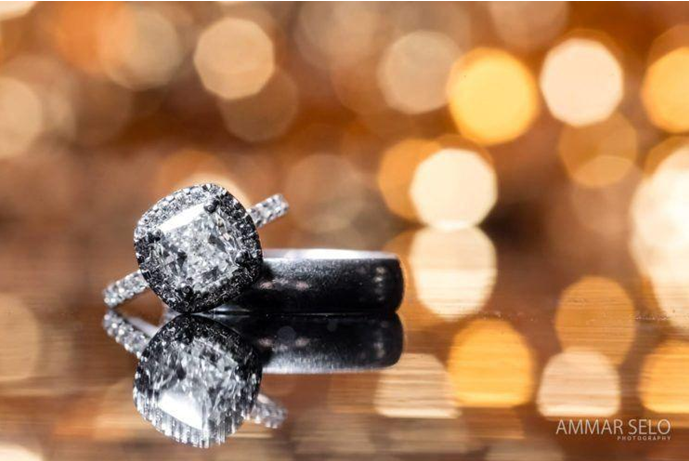What are the best lenses for product photography?
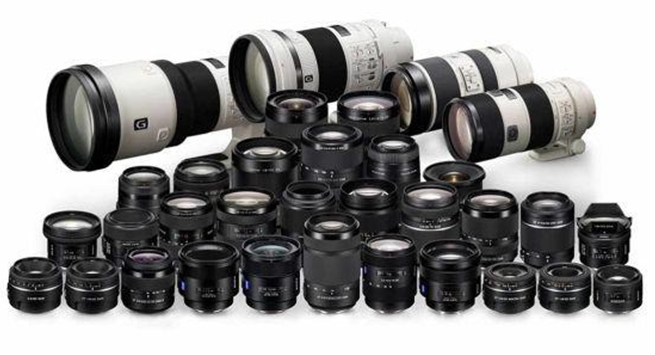
There is no definite answer. If we look at the professionals we will find that they usually have a set of lenses because their work is related to different areas of product photography. And before giving their opinion they will take into account details such as:
What genre of product photography will the lens require? And is the camera sensor full or full frame?
Product photography is not just about composition and filming. To achieve a meaningful picture, even the most ordinary object requires specific equipment and appropriate light. And speaking of equipment, it’s not just a good camera. The camera lens determines an essential part of the quality of the shot and the ease of doing the recording itself.
What kind of lens does a photographer need to realize product photography with a quality end result?
Here are some recommendations:
First of all, he needs a lens to achieve sharp images.
He must also choose a lens with minimal chromatic aberration – ‘color distortion’. It is also a great advantage if the lens has image stabilization.
Of course, it all depends on the size and type of the subject to be shot. It would be difficult to shoot with the same lens, at the same distance of jewelry and something larger, like a kitchen robot, for example.
The most used lenses in product photography are those with fixed focal length, macro lenses and zoom lenses.
Professional photographers usually have three types of lenses as part of their basic equipment. Massively in the product photographer equipment portfolio you will find a 50mm fixed focal length lens Yes, it is relatively cheaper, lightweight and compact It is widely used in many product photography styles and is particularly suited to food shooting.
We can define it as “Your entry-level lens, if that’s your style.” Perfect for shooting a wider scene, giving you further options in post-processing. Another advantage is that it avoids distortion, which can be obtained with a longer focal length, such as 35 mm.
50mm
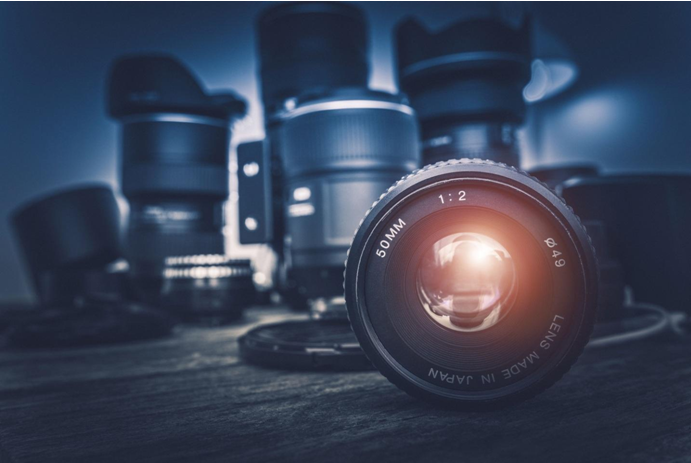
Why you need it:
- Offers a ‘normal’ field of view
- Eliminates distortion of perspective
- Provides bright, wide, constant maximum aperture openings
Best budget option:
Nikon AF-S Nikkor 50mm f / 1.8G
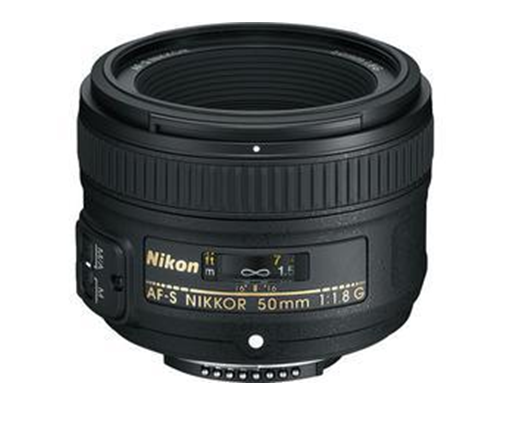
The perfect choice for Nikon fans to launch their “try” in product photography. The lens has a suitable aperture for low light locations. Images are sharp, especially in the center of the frame, with maximum aperture. There are no aberrations. Extremely affordable price compared to other lenses on the list. The disadvantage is the lack of stabilization.
Canon EF 50mm f / 1.4 USM
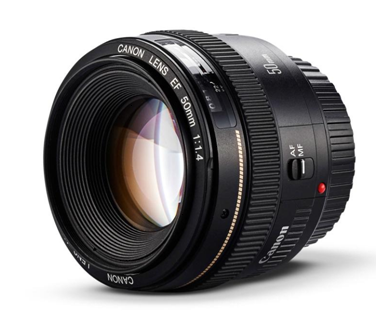
Not surprisingly, this is one of the favorite lenses of most product photographers. * Sharp, small, light, with an aperture of f / 1.4 and relatively fast. * But exhibits * chromatic aberration *, which can however be overcome with subsequent processing correction.
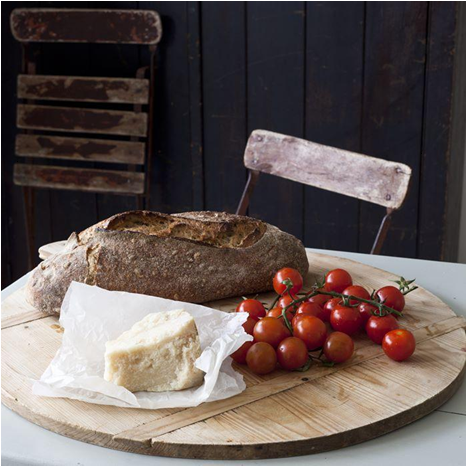
Sony E 50mm F / 1.8 OSS
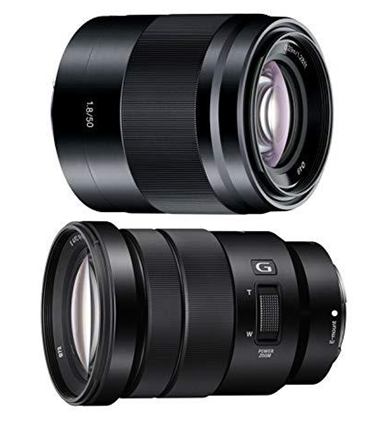
Available with f / 1.8 aperture and image stabilization, which allows for sharp photos, with minimal distortion and chromatic aberration, but of course, at a lower budget, it can’t offer as good image quality as it does that of Sony high-end lenses.
Lenses that are more expensive for the general public remain lenses, such as:
Sigma 50mm f / 1.4 DG HSM ART
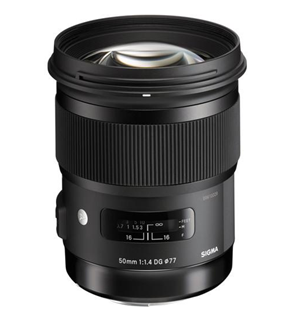
Undoubtedly one of the advantages of this lens is that it is standard on Canon, Nikon, Leica L-mount or Sony full frame cameras. Offers extremely high image quality and excellent autofocus. Of course, there is a price for all this. The only downside is the larger longitudinal chromatic deviations compared to the more expensive rivals in this class and the fact that the body is not protected from atmospheric influences.
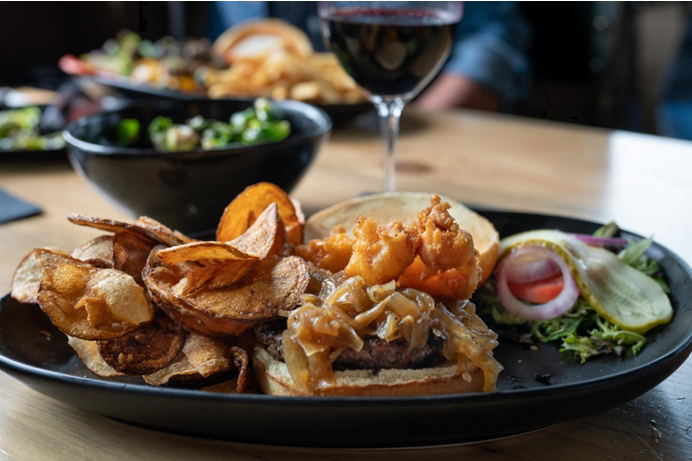
Panasonic 50mm f / 1.4 LUMIX S PRO L-Mount
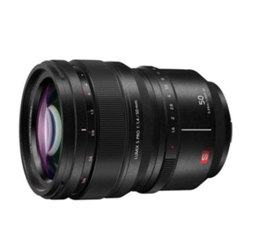
High-end main lens designed for Panasonic mirrorless cameras. Like most 50mm lenses, it offers a standard field of view with a natural perspective. Fast f / 1.4 aperture focus makes it easier to handle in low light and achieve low depth of field effect. A phenomenally high price for the general public.
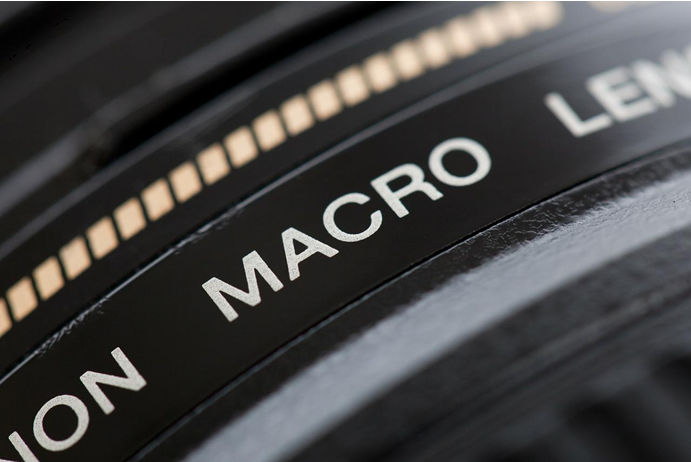
The macro lens is used to capture extremely detailed close-up images. This allows it to play back an image of the subject in the full size of the camera sensor. It gives the photographer a lot of flexibility and it would be good to have a macro lens attached to your product photography lens set.
Here is a list of some of the most popular product photography macro lenses:
Canon 100mm f / 2.8L IS Macro
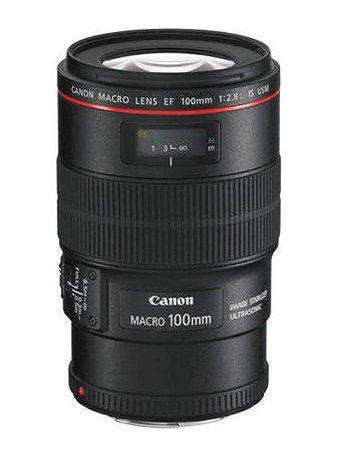
Ideal for product photography. It’s easy to work with and if we have to choose just one lens for product photography, we’ve come across the right model. The focal length is great for different types of product photography. The image quality is delightful in both detail and sharpness of the subject, and the chromatic aberration is well controlled. It is known for its great stabilization. Perfect frames with a defocused background and great Bokeh-style results.
Nikon AF-S VR Micro- NIKKOR 105mm f / 2.8G IF
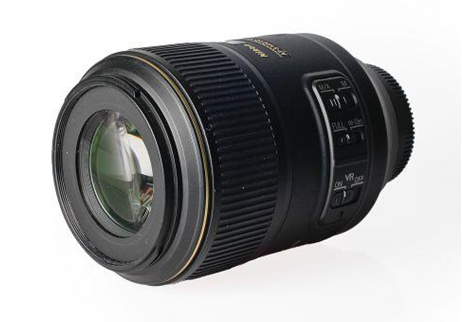
Designed for short-range shooting, but in the opinion of its owners, it’s a surprisingly versatile lens. Superb for product photography.
There is no doubt about the high quality pictures that can be achieved with it. In addition, it features proven Nikon optical technology that dramatically reduces glare. Chromatic aberration is minimized. The added technology to reduce vibration and quiet motor with fast focus greatly increase the price of this lens.
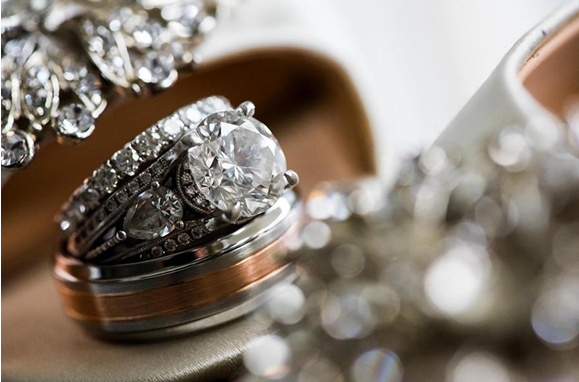
Sony FE 90mm F2.8 Macro G OSS
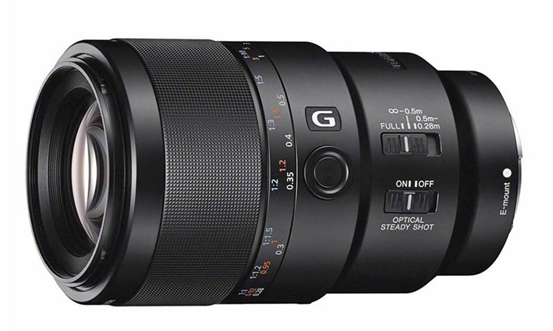
The best auto focus system in the world. Optical stabilization available. Exceptional sharpness. The flawless design of the Sony G lens emphasizes the exquisite balance between high resolution and great bokeh-backing that takes the photographer’s work to a higher level. Of course, all this has its high price.
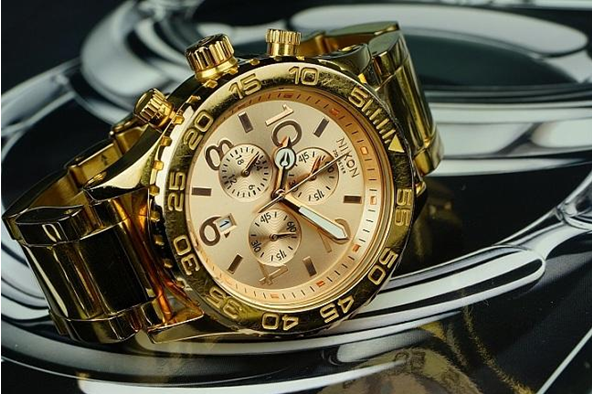
The next category of lenses suitable for product photography and excellent results are zoom lenses. Professional photographers often pay extra for fixed aperture lenses so they do not need to adjust shutter speed or ISO when zooming in and to maintain the correct Exposure The lower zoom lenses typically have a variable aperture, between f / 3.5-5.6 depending on the focal length, which determines their lower cost.
Canon EF 24-70mm f / 2.8L II
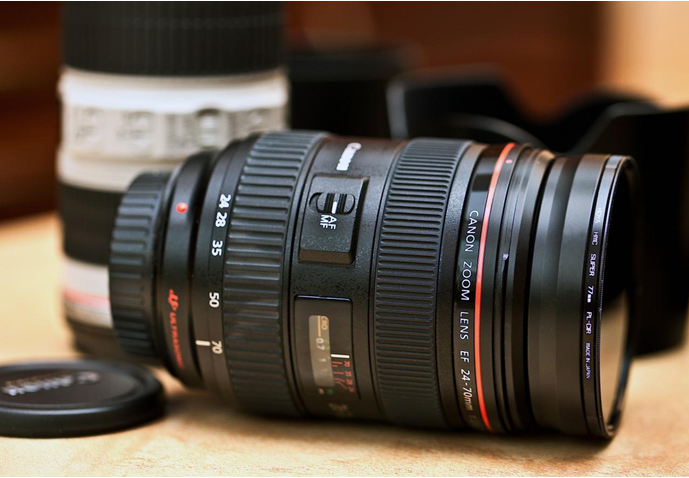
Certainly one of Canon’s best and most popular product photography lenses. High quality image guarantee. It has a glare control system. Its disadvantage is attributed to the lack of sharpness in the angles of the image, as well as the difficulty of reaching von Bokeh.
Nikon AF-S FX NIKKOR 24-70mm f / 2.8E
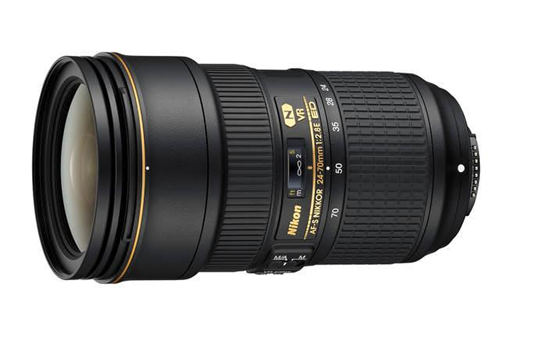
With its constant f / 2.8 aperture, fast autofocus motor and state-of-the-art optics, the Nikon lens is designed to focus quickly and accurately in low light, achieving extreme sharpness, color and micro-contrast in images. Disadvantages are its weight and its price.

Sigma 24-105 f / 4 Art
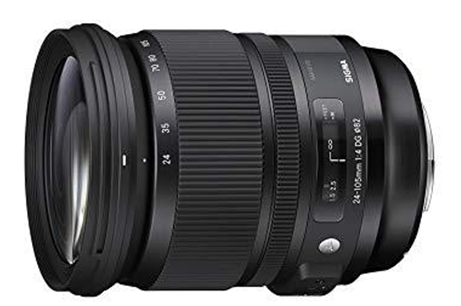
This model is characterized by unsurpassed resolution, even at the edges of the images, and negligible chromatic aberration. Minimum focal length is 45 cm. Relatively good sharpness of the subject. Stabilization available.

Canon EF 24-105mm f / 4L
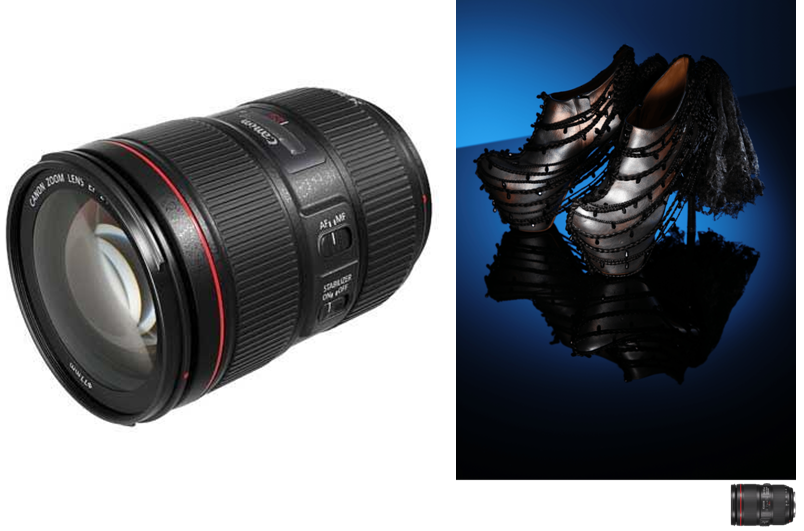
Perhaps the best Canon lens for product photography. It is versatile thanks to the range of magnification from wide-angle to mid-focal telephones, which would show detail when shooting large subjects, at great focal lengths. A constant maximum aperture of f / 4, provides fixed zoom exposure. Image stabilization reduces defocus caused by camera movement.
When you have a DSLR camera, you have the advantage of choosing compatible lenses from other manufacturers. This gives you the ultimate opportunity to have quality lenses at a significantly lower cost. The key lies in preliminary research and the correct definition of your specific need.
